The Eternal Access Project permanently protects banned books in secure data vaults located deep in the Arctic Permafrost on storage media designed to last 2,000 years (or longer) and will be accessible by future generations should other sources become inaccessible. We want to make a clear statement to the book banners that the books they are trying to silence and destroy will far outlive them. The book banners may be fighting battles against thoughts and ideas today, but we want ensure they lose the war.
Daniel Farber Huang founded the Eternal Access Project to protect and preserve banned books and ideas from censorship and oppression by archiving digital copies in secure vaults deep in the Arctic Permafrost, available to future generations. He is a journalist and documentary photographer, and co-founder of The Power of Faces, a major portrait project raising awareness of the global refugee crisis. His work is included in the collections of The International Center of Photography, Museum of the City of New York, New-York Historical Society, Museum of Chinese in the Americas, and other institutions. Combining his love of both words and strategy, Daniel earned his Masters in Journalism from Harvard University and MBA from The Wharton School.
He is an author, corporate strategy consultant as well as Board Director for the Emergency Care Research Institute, one of the largest healthcare safety entities in the world. He is a Fellow of both the Explorers Club and Royal Geographical Society.
This talk was given at a TEDx event using the TED conference format but independently organized by a local community. Learn more at https://www.ted.com/tedx
Views: 0


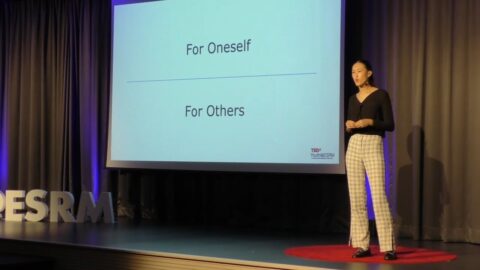
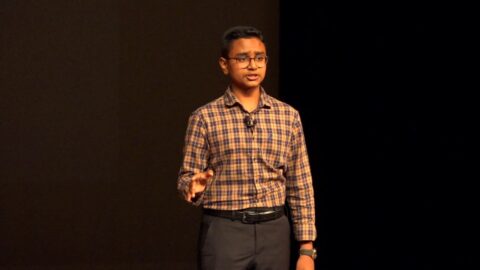
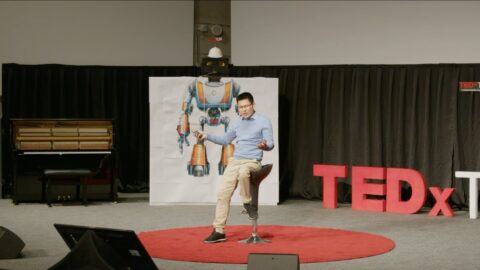

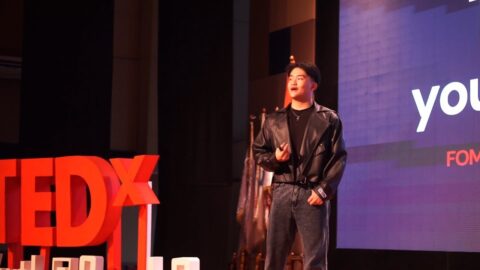
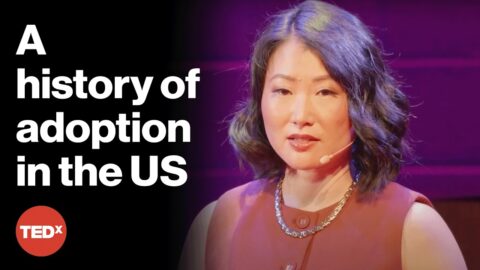
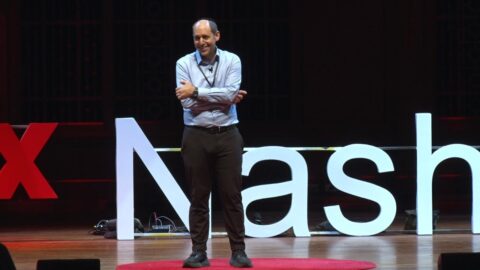

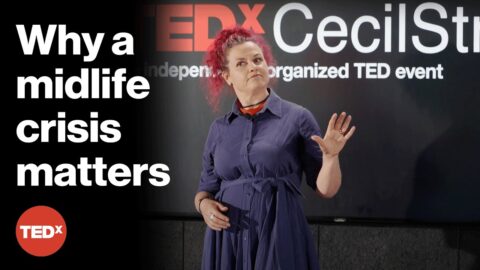
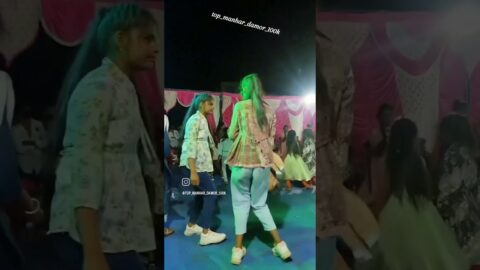


Which “banned” books, pray tell?
Search project 2025 banned books. The Bible is also on this list.
He gave plenty of examples in the video. You should try watching it.
If you are going to preserve books, make sure you have everything to learn a completely dead language because who knows how long english will last.
You should check Morocco’s map. There is no country named Western Sahara.
Thank you for preserving history